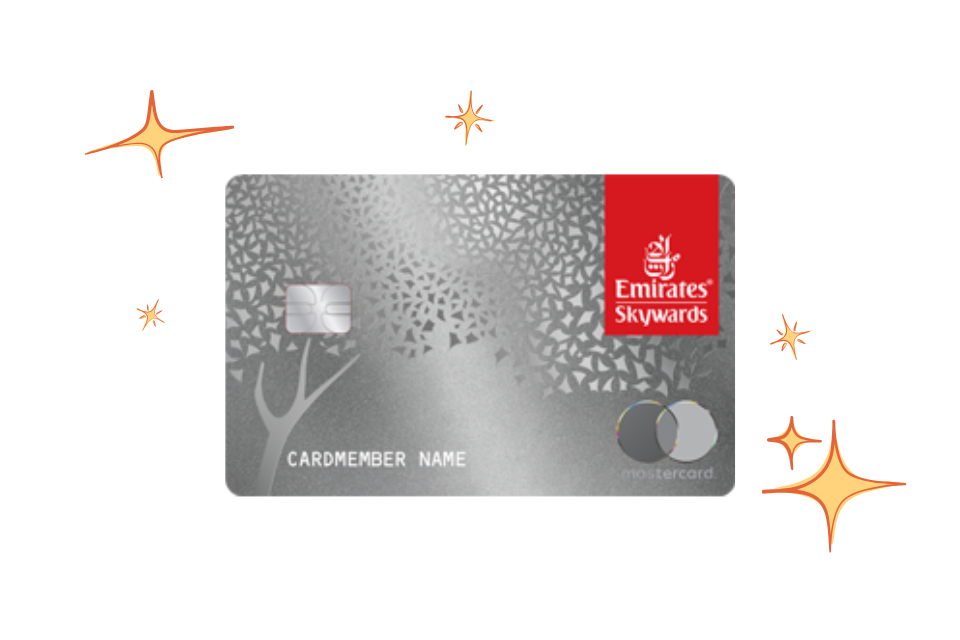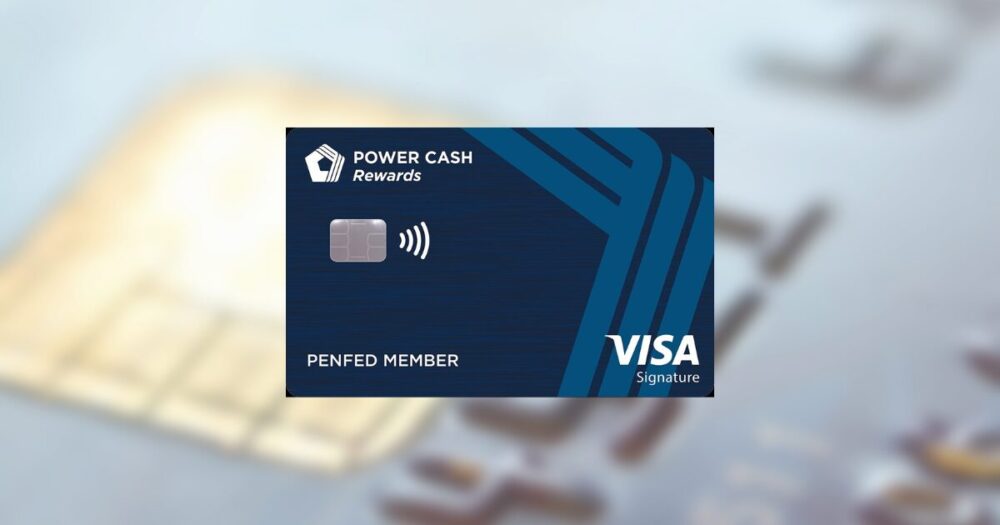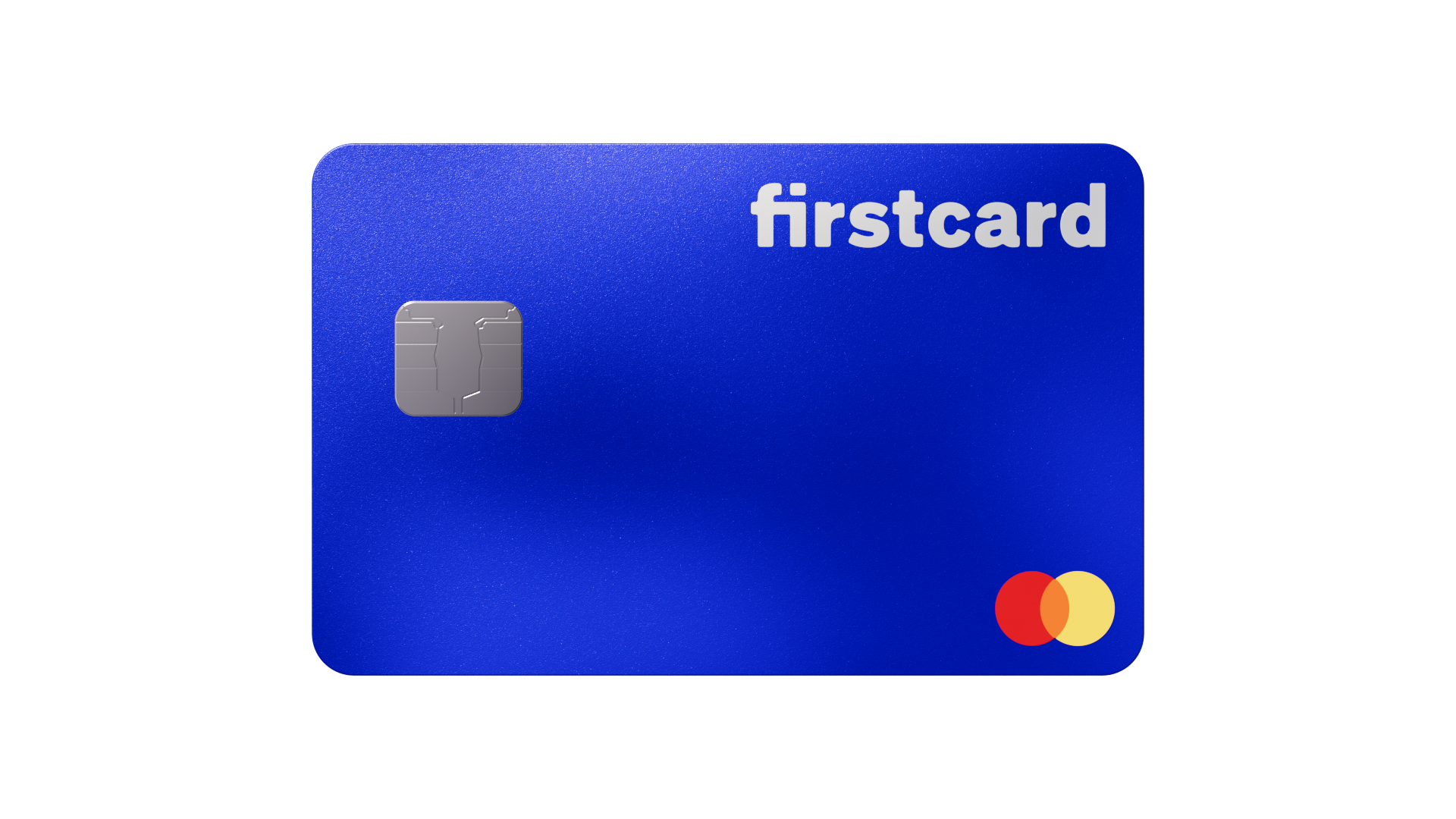How to Choose the Ideal Credit Card for Your Specific Needs

Understanding the Landscape of Credit Card Options
Choosing a credit card can feel overwhelming, especially with so many options available. Every individual’s financial needs are unique, making the process even more complex. Finding the right card can lead to significant savings, rewards, and improved financial health. The right credit card can become a powerful tool in your financial toolkit if utilized correctly.
Factors to Consider When Evaluating Credit Cards
When it comes to selecting a credit card, several important factors should shape your decision:
- Credit Score: Your credit score is a crucial determinant of the types of credit cards you may qualify for. In the United States, credit scores typically range from 300 to 850, with a score above 700 considered good. Higher scores can unlock cards with lower interest rates and better rewards. Keeping your credit utilization rate low and paying your bills on time can help improve your score.
- Spending Habits: Are you a frequent traveler who craves adventure, or do you prefer to enjoy cash back on everyday purchases? If you find yourself traveling often, a travel rewards card may provide perks such as discounted flights, free checked bags, and access to airport lounges. Conversely, if you prefer practicality, a cash back card could serve you well, allowing you to earn a percentage back on your purchases.
- Fees and Interest Rates: Understanding both the annual fees and the interest rates that may apply is essential. Some premium cards come with hefty annual fees but offer richer rewards, while others have no annual fees at all. Additionally, pay attention to the APR (Annual Percentage Rate) and how it can affect your payments if you carry a balance from month to month.
Rewards Programs: What to Look For
Many cards offer enticing rewards programs, but not all are created equal. Before committing, it’s crucial to compare the benefits. For instance, a travel rewards card might offer double points on air travel and hotel stays, while a cash back card may provide higher percentages on grocery purchases. By aligning the card’s benefits with your spending habits, you can maximize your returns and savings.
Introductory Offers and Their Importance
Another vital aspect is the card’s introductory offers. Many issuers provide enticing deals for new customers. These can include bonus rewards points, 0% APR for a limited time, or cashback incentives. For example, a card may offer 50,000 bonus points after spending $3,000 in the first three months—a benefit that could equate to a free flight or substantial spendable cash.
The Path to an Informed Decision
Taking the time to identify your needs and conducting thorough research can lead to discovering the perfect credit card tailored just for you. It’s important to read the fine print and understand the terms and conditions associated with each card. Understanding all options will empower you to make an informed decision. Tools such as comparison websites can simplify the process, allowing for at-a-glance assessment of benefits, fees, and interest rates.
Ultimately, your journey to choosing the right credit card will be guided by your personal financial goals. Whether aiming for travel rewards, cash back, or simply a credit-building opportunity, the right card could enhance your financial journey significantly.
DISCOVER MORE: Click here for tips on winter skincare
Assessing Your Financial Situation and Goals
Before diving into the ocean of credit card options, it’s important to take a step back and assess your financial situation and goals. Understanding where you currently stand financially can greatly influence which credit card options will be best suited to your needs. Begin by considering your income, expenses, and financial aspirations. This will help you align your choice of credit card with these factors, ensuring that the selected card complements your lifestyle rather than complicating it.
Know Your Credit Utilization Ratio
Your credit utilization ratio is the percentage of your available credit that you’re currently using, and it plays a significant role in your credit score. Most financial experts recommend keeping this rate below 30% to maintain a healthy credit score. If your utilization is higher, it might not only affect your credit score but could also limit your options in selecting a credit card. Regularly monitoring your credit utilization can help you strategize your credit card usage for maximum benefit.
Evaluate Your Current Debt Load
Assessing your current debt load is equally critical. If you are already handling substantial debt from loans or existing credit cards, it may not be wise to acquire a new card that encourages additional spending. Instead, look for cards designed for balance transfers with low or 0% introductory APR offers. These balance transfer cards can help you manage your existing debt more effectively and save on interest payments.
Your Financial Goals
Clarifying your financial goals will also help guide your choice. Are you planning for a significant purchase, such as a new car or home renovation? Do you aspire to travel abroad within the next year? Or perhaps you’re looking to rebuild your credit history. Here are some categories to reflect on:
- Travel Rewards: If you frequently travel or plan to, consider cards that offer travel rewards and bonus miles, which can make your adventures more affordable.
- Cash Back: For everyday expenses, cash back credit cards that return a percentage on purchases can enhance savings, particularly if they offer bonus cash back rates on categories you frequently spend in.
- Credit Building: If you’re looking to establish or rebuild your credit history, secured credit cards or cards targeted for those with limited credit history can be beneficial.
Long-term vs. Short-term Benefits
Additionally, it’s essential to weigh long-term benefits against short-term gains. While enticing introductory offers may make a specific card seem appealing now, consider its long-term value. Analyze whether the card will generate meaningful rewards or savings over time. Some cards are constructed to provide consistent benefits throughout their duration, while others might focus more on initial rewards that taper off after a short period. Balancing immediate perks with sustainable financial benefits is key to making a wise decision.
By taking an introspective look at your financial situation, understanding your goals, and evaluating various card features, you’re better positioned to choose the credit card that aligns with your lifestyle. Remember, the ideal credit card will promote your financial well-being and serve as a means to reach your financial goals more effectively.
DISCOVER MORE: Click here for tips on removing facial stains
Understanding Credit Card Features and Benefits
Once you’ve assessed your financial situation and clearly established your goals, the next step is to delve into the specific features and benefits that different credit cards offer. Understanding these elements will enable you to make an informed decision that maximally benefits your personal finances.
Interest Rates and Fees
Interest rates, or Annual Percentage Rates (APRs), can vary dramatically among credit cards. With rates typically ranging from 12% to 25% or more, understanding the APR associated with each card is paramount. If you anticipate carrying a balance on your card, choosing one with a lower APR can save you a significant amount in interest charges over time. Additionally, watch out for annual fees, foreign transaction fees, and late payment fees. Some cards, particularly premium reward cards, may come with hefty annual fees, which could offset the benefits if you’re not utilizing rewards to their full potential.
Rewards Programs
Rewards programs are often the highlight of credit card offerings. They can come in several forms: points, miles, or cash back. Each program has its appeal depending on your spending habits and financial goals. Consider the type of rewards that best suit you:
- Points-Based Cards: These cards reward you with points that can be redeemed for merchandise, gift cards, or travel. If you frequent specific retailers, look for cards that offer bonus points for purchases made there.
- Airline Miles: Travel enthusiasts may benefit from airline-branded cards that offer frequent flyer miles. These cards sometimes come with perks like priority boarding, free checked bags, and airport lounge access.
- Cash Back Cards: Cash back is a straightforward option. Many cash back cards give a percentage back on every purchase or higher percentages in specific categories, such as grocery stores or gas stations. If you want immediate cash rewards from your spending, this is a viable route.
Introductory Offers and Bonuses
Many credit cards entice potential customers with attractive introductory offers, which can include bonus rewards after meeting a spending threshold within the first few months. These promotions can significantly enhance the value of your first few months of spending, but it’s crucial to assess them against the card’s ongoing rewards structure to ensure they align with your financial strategy. Remember to read the fine print to understand any requirements and limitations associated with these offers.
Flexibility and Customer Service
In addition to rewards and fees, consider the reputations of the credit card issuer regarding customer service and flexibility. Read user reviews and ratings to gauge the reliability of response times and service quality, especially when it comes to managing issues like fraud or disputes. A card that offers a robust mobile application and easy-to-navigate online banking can enhance your usability and satisfaction. Moreover, some cards may offer more flexible payment options or hardship programs, which can prove invaluable during financial setbacks.
Compatibility with Your Spending Habits
Finally, it is paramount to ensure that the credit card you select aligns with your unique spending habits. A card offering the best rewards on groceries will be less beneficial if your average monthly spending is primarily in dining out or travel. Analyze your monthly expenses and choose a card that rewards you in the categories where you spend the most. This alignment will maximize your benefits and elevate your overall financial experience.
Choosing the right credit card involves careful consideration of a variety of features and personal circumstances. By honing in on your financial situation, assessing reward structures, and understanding the implications of interest rates and fees, you are setting the stage for a credit card choice that not only complements your lifestyle but also enhances your financial journey.
DISCOVER MORE: Click here for tips on strengthening your nails
Final Thoughts on Selecting the Right Credit Card
Choosing the ideal credit card transcends mere convenience; it is a strategic financial decision that can greatly influence your economic landscape. By navigating the complex terrain of interest rates, fees, rewards programs, and customer service, you position yourself to not only meet your immediate financial goals but also to advance your long-term objectives. Evaluating your financial habits, from spending patterns to repayment capabilities, should serve as the compass guiding your selection.
A credit card is not just a tool for purchases but a potential ally in building your credit profile. Many cards offer benefits beyond cash back or travel points, including access to exclusive events or financial education resources. Take full advantage of these offerings to enhance your financial literacy and security. Furthermore, consider the evolving nature of rewards and offers—what suits your needs today may change, necessitating a reevaluation of your card as life circumstances shift.
Ultimately, the key to making the most out of your credit card is to remain proactive and informed. Consistently monitor your spending, stay updated on your card’s features, and regularly assess how well your chosen card aligns with your financial goals. By doing so, you will not only harness the full potential of your credit card but also contribute positively to your overall financial health. So, embark on your credit card journey equipped with knowledge, and unlock the benefits tailored uniquely for you.


